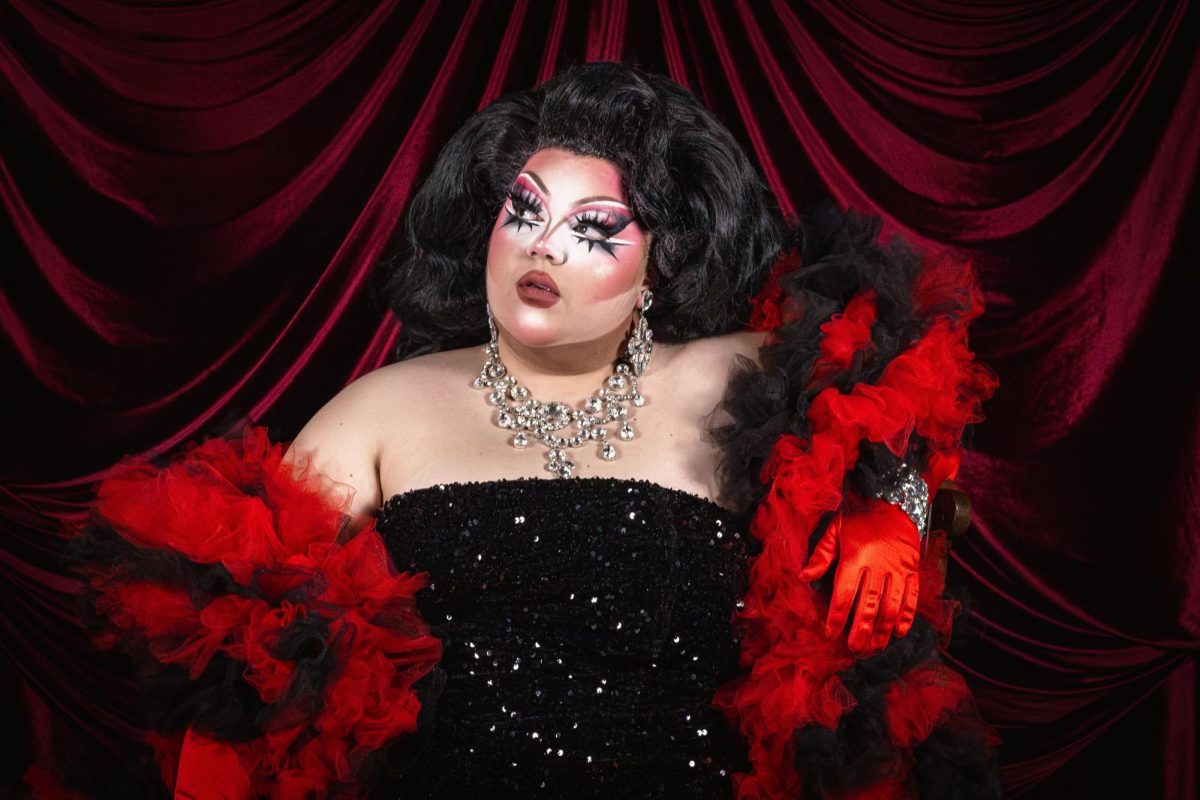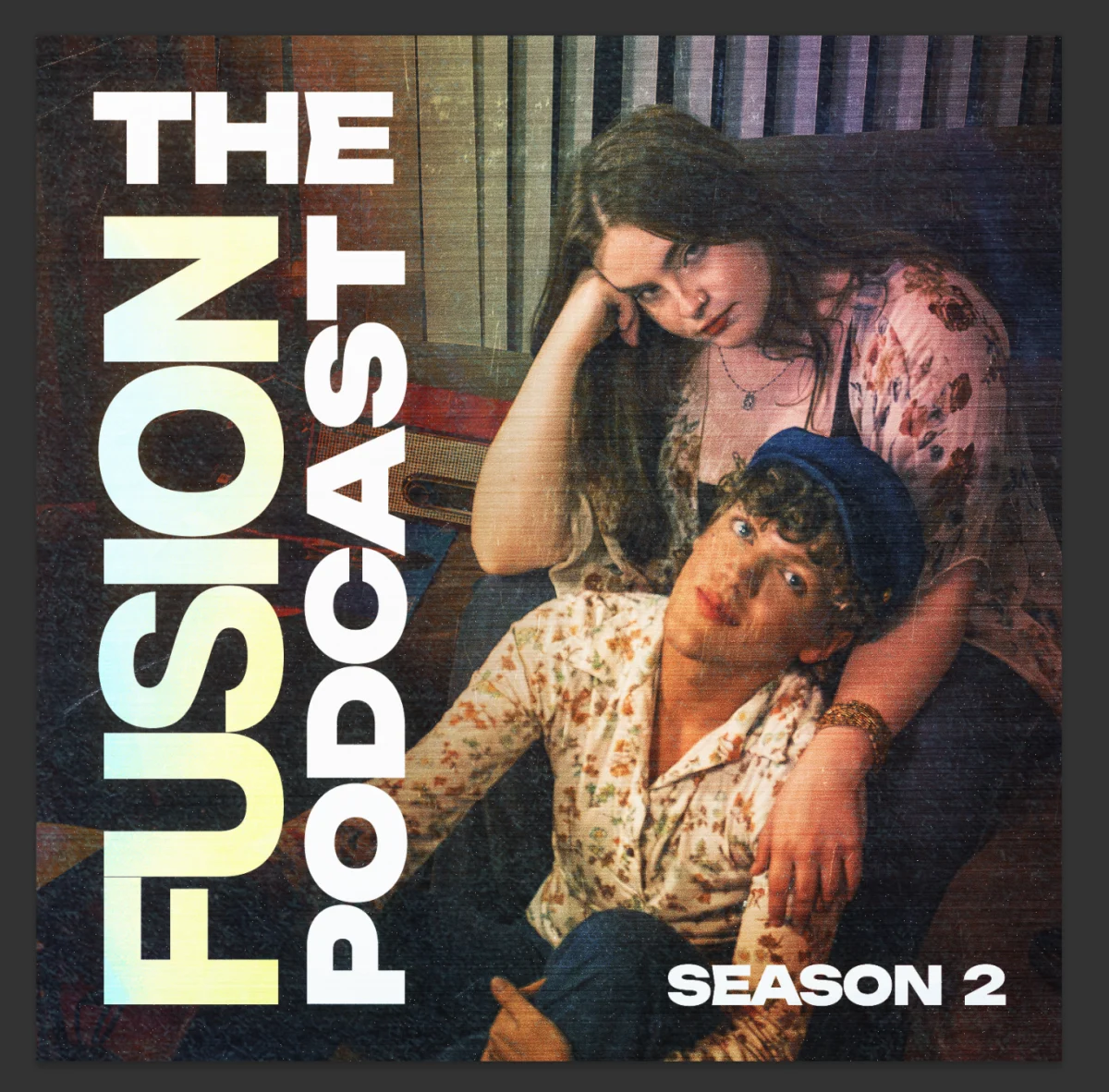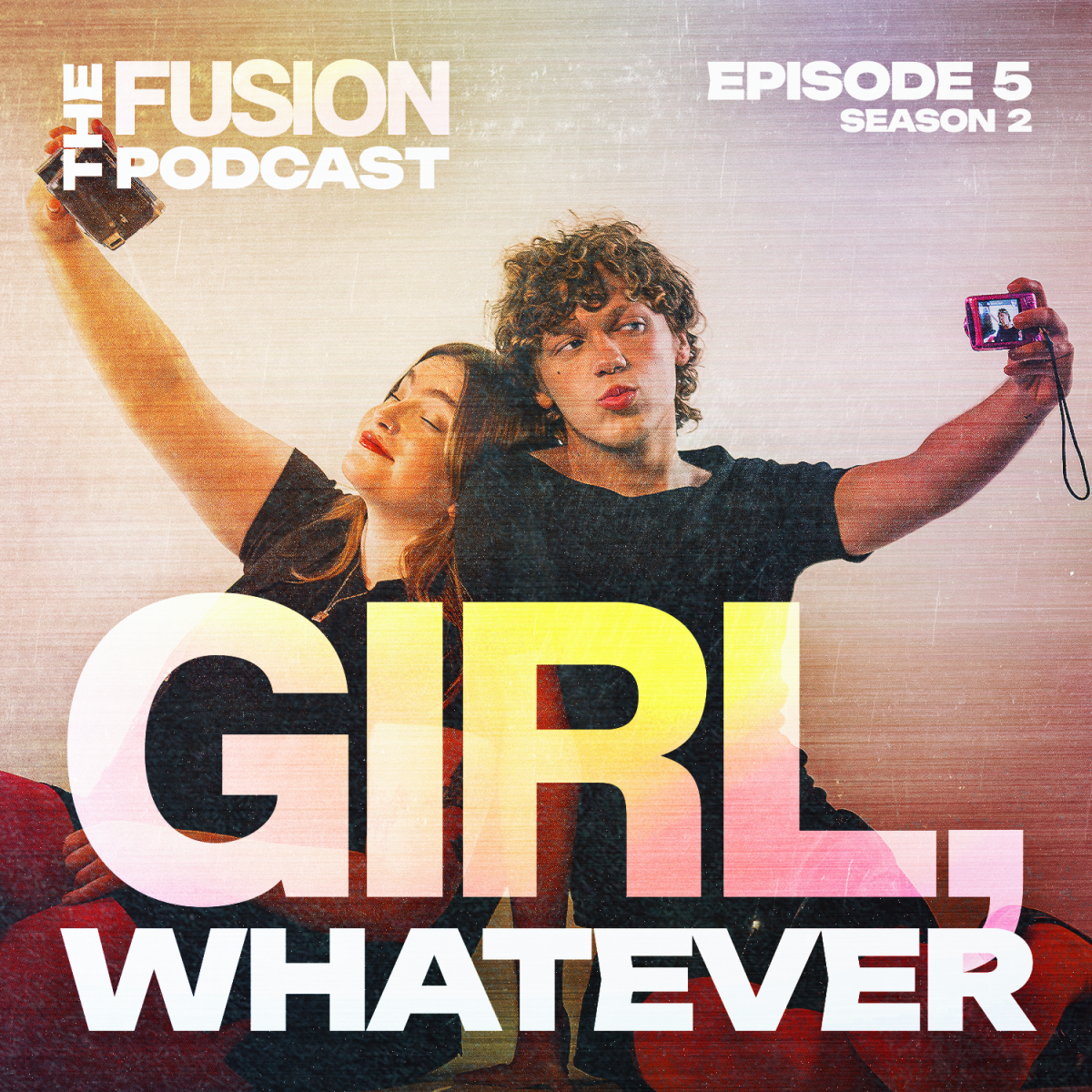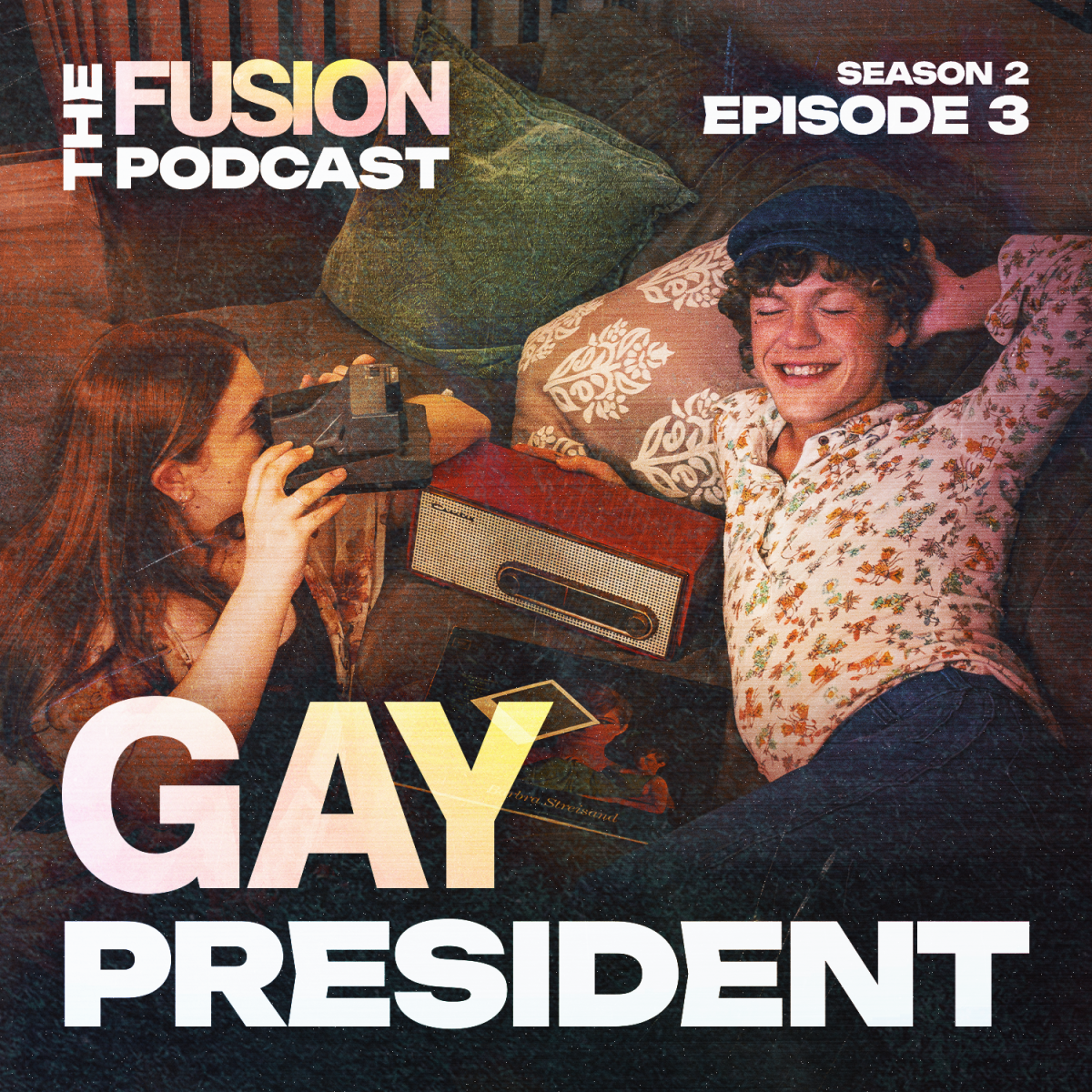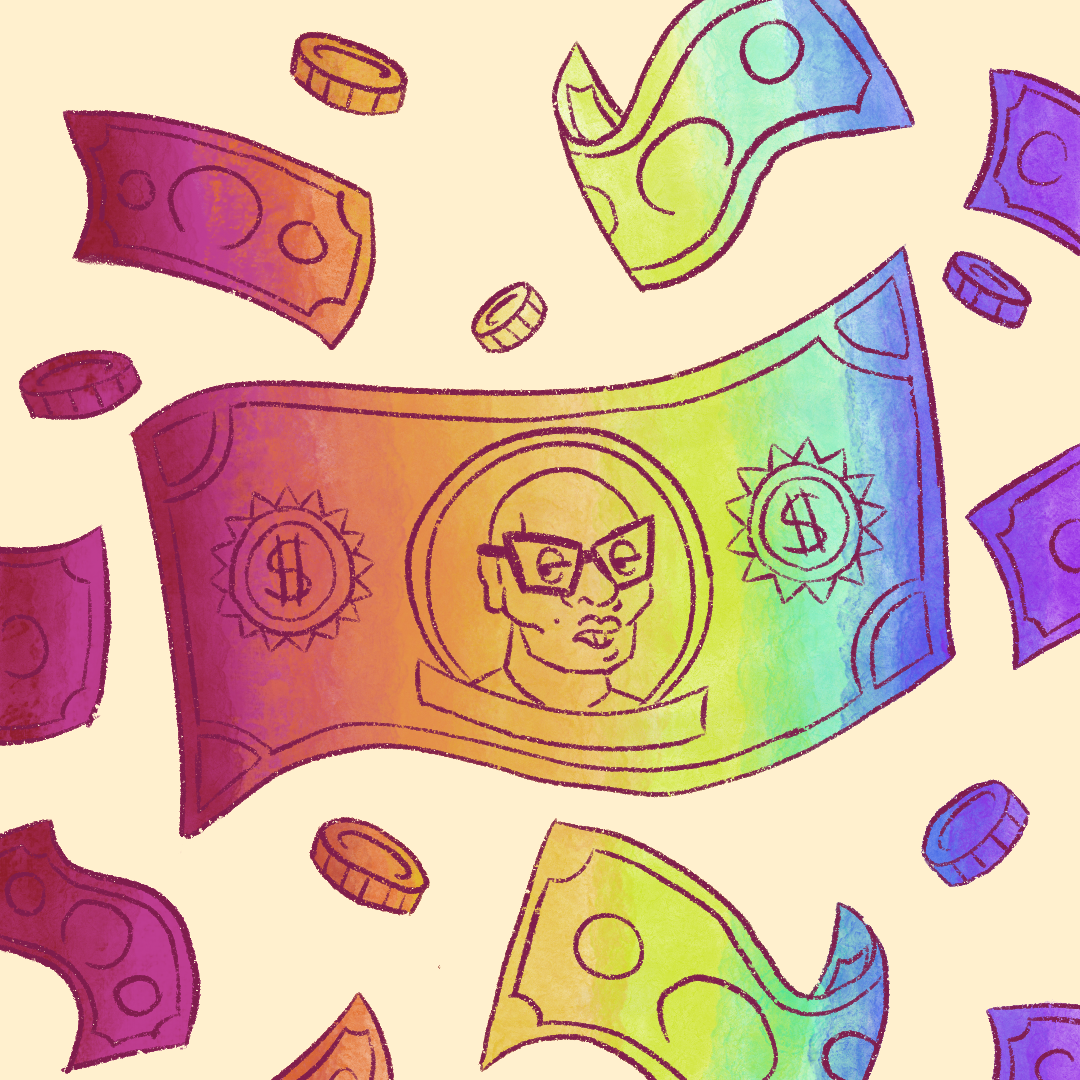The beginning of summer: when the sun stays out late and the responsibility of schoolwork is thrown on the back burner for a few joyous weeks. It is the first day of June and it seems you just cannot escape the rainbow flag. First, you notice yard signs neighbors put up and you are grateful for your community’s support. Then, you see the store windows, billboards and displays and it feels not as genuine. It feels even less genuine when the stores take down their displays on the final day of Pride month, signifying their support is only contingent with the time of the year. You may have been a witness to corporate rainbow-washing.
Corporate rainbow-washing is when companies use rainbow symbolism alongside their brand to show disingenuous support to the LGBTQ+ community. These companies choose to not meaningfully contribute to LGBTQ+ organizations, groups, representation or funds. Various companies use rainbow-washing to make consumers perceive an allyship with the community, providing more opportunities for them to grow their customer base to produce more financial gain.
It is important to note that there are companies who use rainbow symbolism within their brands and do financially support and uplift voices of the LGBTQ+ communities. Brands like Levis, American Eagle and Aerie and Dr. Martens provide financial support to the community and charities and amplify LGBTQ+ voices. Many companies that fall under rainbow capitalism do not provide this support.
Activism is a fundamental part of Pride. Pride month commemorates the Stonewall riots that occurred in June of 1969, which happened in response to the raids taking place in queer establishments in New York caused by unfair laws affecting gay and trans individuals. At The Stonewall Inn, trans women and homeless youth fought back against police officers, resisting their arrests. The Stonewall riots birthed the modern LGBTQ+ activist movement bringing leaders like Marsha P. Johnson and Miss Major Griffin-Gracy to the forefront of the movement.
Pride month being placed in June is no surprise, and each June is marked with amplified queer voices organizing efforts demanding equal rights, protections and liberties. Pride is based on the principle of direct activism in order to gain representation and equality in society.
Since more laws have passed in support of the LGBTQ+ community, Pride in the last few years has become a celebration with sponsorships from various corporate entities to push partying. Despite the passing of these laws there is a resurgence of anti-LGBTQ+ sentiments growing from the far-right Evangelicals leading many stores that once sought to develop collections pertaining to the community have begun rolling back their pride collections in lieu of profit loss. Target and Anheuser-Busch, the parent company of Bud Light both faced controversies for their LGBTQ+ support. Target, creating clothing that is gender affirming towards transgender individuals faced harassment from customers, having to move their Pride collections in Southern collections to the back. Bud Light collaborated with transgender influencer Dylan Mulvaney for their Pride collection which created such a controversy that people boycotted and destroyed cans of Bud Light.
Regardless, most of these companies’ effort in Pride is for profitable gain, most likely to expand their customer base and not to positively contribute to helping the LGBTQ+ community. Ben Bilboul, CEO of Karmarama, an advertising agency in the UK, was involved in research conducted Gay Times . Bilboul explains, “A slew of businesses now slap a rainbow flag on their logo once a year … while it’s encouraging to see brands make an effort to reach and represent the LGBTQ community around Pride, this needs to be a year-round endeavor and it needs to be done in a way that feels authentic.”
Companies must give financial support to the LGBTQ+ community, or their Pride branding is performative and manipulative. This marketing practice also commodifies Pride symbolism and dilutes the true message behind Pride.
A report by Data for Progress showed brands that seemingly support Pride month while allocating their funding to anti-LGBTQ+ candidates. Amazon, AT&T, and Toyota are among the brands that contribute to anti-LGBTQ+ legislation while publicly supporting Pride month through advertising. Brands that contribute negatively to the LGBTQ+ community while showing allyship in June include Toyota, AT&T, Amazon, and Comcast. The report continues, “Campaign contributions are a key lever for corporations to make their voices heard in the political process … For any corporation, such contributions send a message that anti-LGBTQ+ policies are acceptable.”
Consumers should be skeptical of the brands who support the LGBTQ+ community for only one month out of the year. Question brands that are not amplifying voices of the community and are commodifying the rainbow for their own corporate gain. So this coming June, forget about the brands you are loyal to, and research if they are loyal to you and your community instead.





